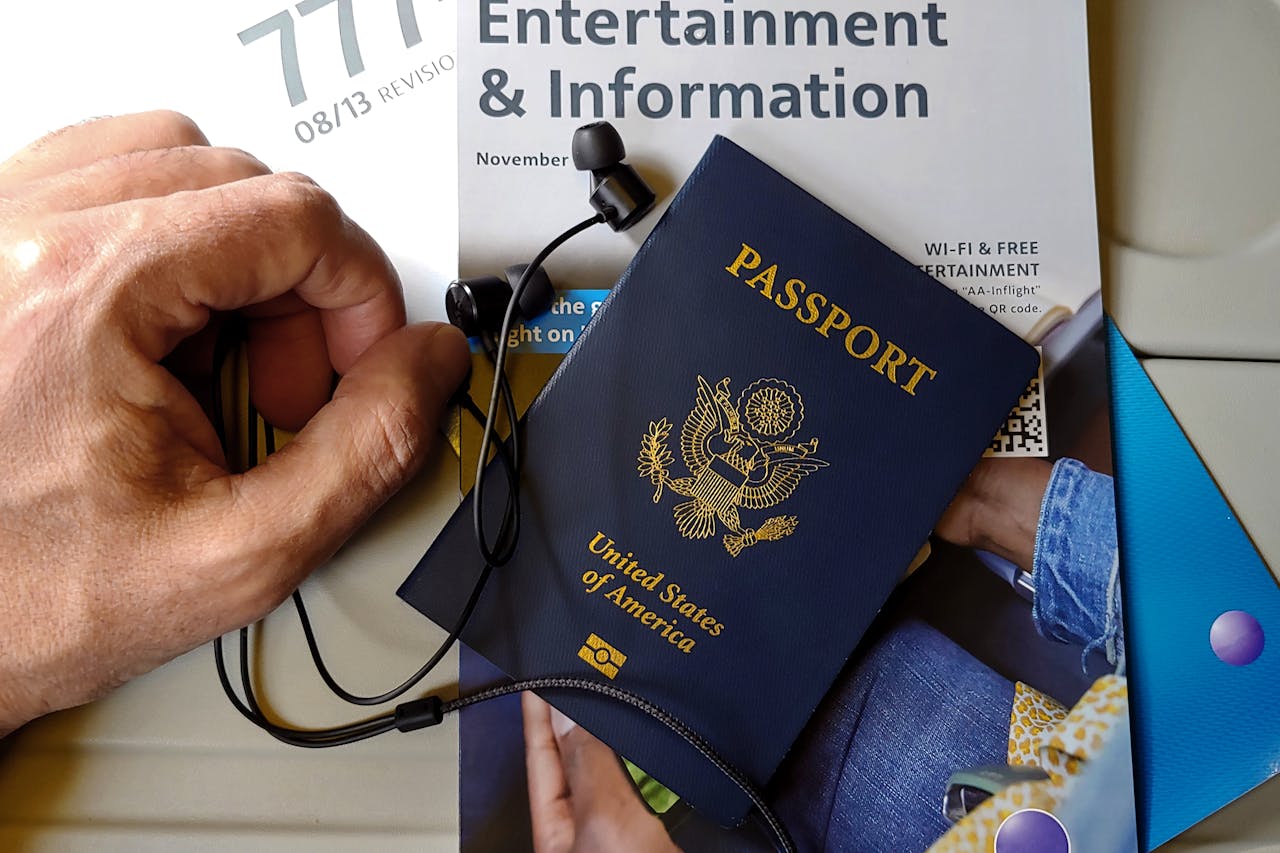Below is a basic introduction to the Czech immigration system. For official advice, always contact the nearest Czech embassy or consulate outside the Czech Republic or the Ministry of the Interior’s Department for Asylum and Migration Policy (OAMP) inside the country.
All foreigners, including foreign residents, must present a valid passport or national ID (for EU/EEA/Swiss citizens) upon entering the Czech Republic. Border officers may also request proof of onward travel and sufficient funds for your stay. Nationals of some countries require a visa, while others enjoy visa-free entry.
All foreigners receive a specific type of entry status when they arrive — this may be as a short-term visitor (for tourism or business) or under one of the many residence permit categories for work, study, family reunification, or other purposes.
Tourists and Business Travelers (Short-Term Visitors)
If you are a citizen of the EU, EEA, Switzerland, or one of the countries under the Schengen visa waiver program, you can enter the Czech Republic without a visa for up to 90 days within any 180-day period. You need only a valid passport or ID card (for EU/EEA/Swiss citizens). Travelers from other countries must obtain a Schengen short-stay visa in advance.
During your visa-free or Schengen visa stay, you may engage in tourism, business meetings, or short courses, but you may not take up paid employment.
Visa-free stay extensions are generally not possible within the Schengen framework; you must leave the Schengen Area and return after the allowed period resets.
All non-EU visitors must carry valid identification (passport or visa) at all times in the Czech Republic.
Longer Stays for Wealthy Visitors and Remote Workers
While the Czech Republic does not currently have an official long-term tourist visa like Japan’s “long-term sightseeing” category, certain long-term visas can be issued for specific purposes, including study, cultural activities, or family visits. These must be applied for from abroad and are usually valid for over 90 days up to 1 year.
For remote workers, the Czech Republic offers a Digital Nomad Visa pilot program (for certain nationalities, e.g., Canada, USA, UK, Japan, South Korea, Australia, New Zealand) allowing qualified IT professionals and self-employed individuals to live and work remotely in the country for up to one year. Proof of income, professional qualifications, and health insurance are required.
Working in the Czech Republic
White-Collar Work
Foreign nationals from outside the EU/EEA who wish to work in the Czech Republic must obtain a work permit or a combined Employee Card or Blue Card before arrival. These are applied for at a Czech embassy or consulate.
- Employee Card – For most foreign workers; valid for up to 2 years, renewable; linked to a specific employer and position.
- Blue Card – For highly qualified workers with a university degree; valid for up to 2 years, renewable; offers easier mobility within the EU.
Changing jobs often requires notifying the Ministry of the Interior and, in some cases, applying for a new card.
Other Work and Trainees
The Czech Republic participates in various seasonal worker and internship programs, allowing employment in agriculture, hospitality, manufacturing, and other fields. Seasonal work permits are typically valid for up to 6 months within a 12-month period.
Working Holidays
The Czech Republic has working holiday agreements with countries such as Australia, Canada, New Zealand, and South Korea. Eligible citizens aged 18–30 (or 35 in some agreements) can live in the Czech Republic for up to one year, combining travel with short-term work.
Studying in the Czech Republic
To study long-term (over 90 days), non-EU/EEA nationals must obtain a long-term visa for the purpose of study or a long-term residence permit for study.
Requirements:
- Confirmation of enrollment from a Czech educational institution
- Proof of sufficient funds
- Comprehensive health insurance
- Accommodation confirmation
EU/EEA/Swiss citizens do not need a visa but must register their stay if staying over 30 days.
Spouses and Family Reunification
Foreigners married to Czech citizens or permanent residents can apply for long-term residence for family reunification. This allows any lawful work or study. Initial permits are often granted for 1–2 years and can be renewed.
EU/EEA/Swiss citizens’ family members benefit from simplified procedures under EU free movement rules.
Staying in the Czech Republic
Residence Card
Non-EU/EEA nationals granted long-term or permanent residence receive a biometric residence card upon approval. This card is needed for opening a bank account, signing a lease, accessing health services, and other formalities. It must be carried at all times.
EU/EEA/Swiss citizens staying longer than 30 days must register with the Foreign Police and may apply for a residence certificate.
Extending Residence Permission
Applications to extend visas or residence permits must be submitted to the Ministry of the Interior before the current one expires. Processing times vary from a few weeks to several months.
Changing Status
It is possible to change your residence purpose (e.g., from student to employee) while in the Czech Republic, provided you meet the requirements for the new status.
Re-entry Permits
Holders of long-term or permanent residence permits who leave the Czech Republic for extended periods should ensure their permit remains valid. Absences of over 6 consecutive years for permanent residents can lead to loss of status. No special “re-entry visa” is needed for shorter absences, but travel documents must remain valid.
Permanent Residence
Permanent residence is generally available to non-EU citizens after 5 years of continuous legal stay (shorter for EU citizens and certain cases). Applicants must demonstrate integration into Czech society, including language skills.
Permanent residence allows unlimited work and study without needing further permits.
Citizenship
Foreigners can apply for Czech citizenship after 5 years of permanent residence (or 3 in some cases, such as marriage to a Czech citizen). Applicants must pass a Czech language exam and a civics test, have no serious criminal record, and demonstrate integration.
